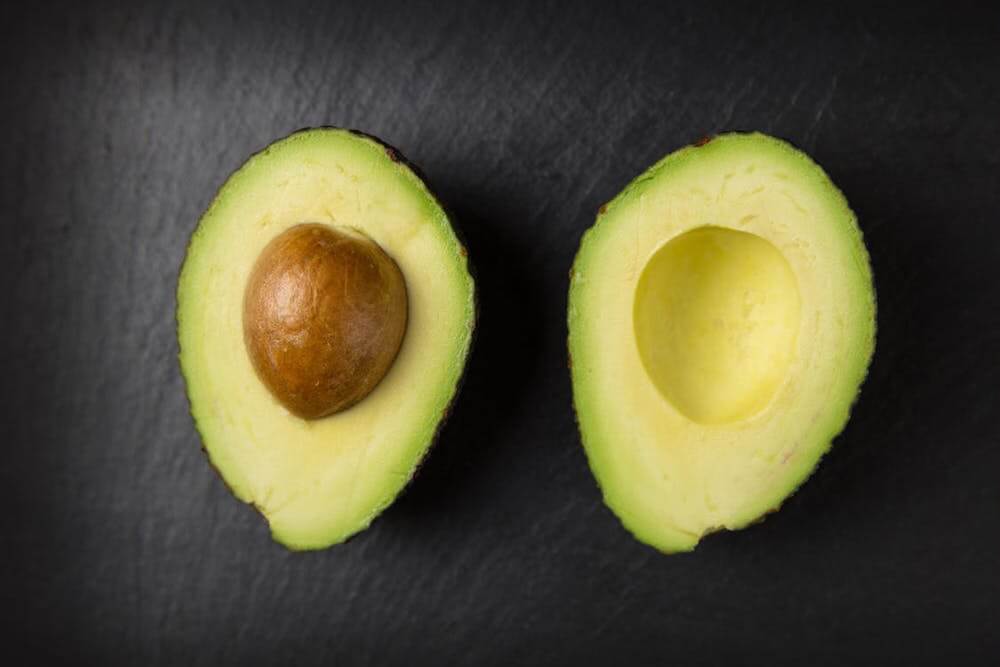Eating with esophageal cancer can present difficulties for patients before, during, and after treatment. Patients may go through radiation therapy, chemotherapy, surgery, or any combination of these in an effort to eliminate or beat back the cancer. Esophageal cancer and its treatment can also cause the esophagus to narrow and/or become dry, sore, and irritated, which may make it painful to swallow. As a result, patients can become more susceptible to weight loss and fatigue due to lack of proper nutrition.
Here are some tips on what and how to eat when living with esophageal cancer.
Maintain a soft diet
Sticking to a soft diet will allow you to eat with more comfort and ease. Liquid nutrition like soups and smoothies are tasty and easy to blend. To soften foods, try adding sauces and gravies or use a slow cooker to help break down meats and vegetables. Other healthful ideas include Greek yogurt, protein-rich puddings, eggs, avocado, and fish.
Eating healthfully is important, but during treatment it is vital to make sure you eat whatever appeals to you whenever you can, whether that be yogurt, pudding, or ice cream.

Avoid irritants
Highly acidic or spicy foods, foods with sharp pointed edges, or extremely hot or cold foods. Fluids may be irritating, especially during certain types of treatments. Use caution with foods like tough cuts of meat, doughy bread, alcohol, citrus juices or sauces, and piping hot beverages. It’s also a good idea to try cooking vegetables, as opposed to eating salads with raw vegetables.
Eat calorie-dense, high-protein foods
To limit unwanted weight loss during treatment, increase your calorie intake with everyday foods. For example, add protein powders to shakes, oatmeal and other liquids, or drink pre-made liquid supplements. For extra calories, add ingredients like avocado, nut butters, hummus and olive oil as often as possible; mix an egg or cheese into mashed potatoes, or peanut butter and banana into oatmeal. Aim for smaller, more frequent “mini-meals,” versus eating three larger meals per day.
For smoothie recipes, check out Dana-Farber’s Health Library.
Other tips
- Try blending your meals.
- Stay well hydrated throughout the day. Aim to sip on fluids slowly, and limit amounts consumed during meals (drink more in between).
- Eat small, frequent meals and snacks.
- Sit upright or at 45 degrees while eating and for at least 30 minutes following a meal.
- Eat slowly and chew food well.
- Walk to help with digestion and fight fatigue.
- Limit concentrated sweets, such as desserts, juices, candy, sugar sweetened beverages, and dilute liquids that contain significant amounts of sugar. This can help avoid dumping syndrome, when foods move too quickly through the digestive system and lead to diarrhea, cramping, or sweating following a meal.
For customized plans and recommendations, see an oncology dietitian for help. It is important to make sure that your body is getting the necessary nutrients it needs to function properly and to feel your best. Learn more from Dana-Farber’s Nutrition Services.

This is a great article with great recommendations. Esophageal cancer takes an unusual toll and anything that can be done to minimize the effects such as the ideas in this article will be beyond helpful. Eating soft foods every few hours, and eating slowly while taking small bites, with food that doesn’t irritate the GI tract are very important.